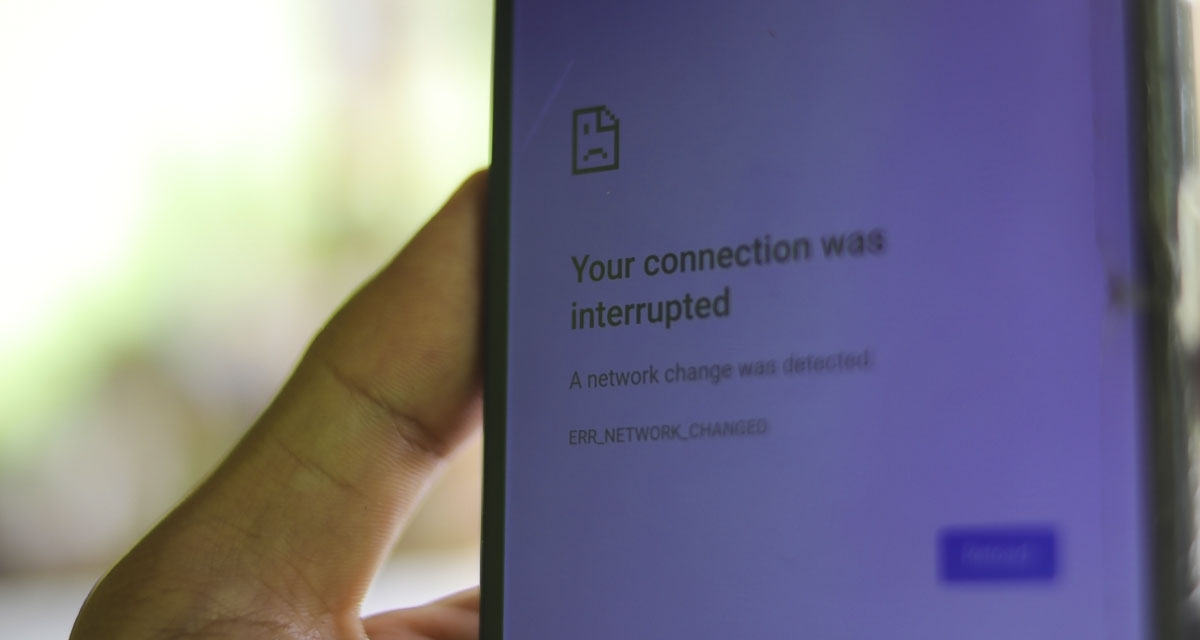
Donald Kimball of the Washington Policy Center assesses the effectiveness of the Biden Administration’s Broadband Equity, Access, and Deployment (BEAD) program
Donald Kimball
Washington Policy Center
In 2021, the Biden Administration passed the Infrastructure Investment and Jobs Act, which included a provision to give $42.5 billion to the Broadband Equity, Access, and Deployment (BEAD) program to provide under-served and rural areas with internet access. To date, it has connected nobody.

The plan required U.S. states and territories to submit plans for investment and deployment by the end of 2023, which all have done. Expected roll out won’t occur until 2026 by most optimistic deadlines. It’s better than nothing, right? Maybe not.
When you look at the timeline and trajectory of internet access across the United States, we begin to see the problem. In the years between 2021 and 2023 (when the BEAD funding was granted and the deadline for state roll out plan submissions) internet access grew from 80% to 83% for U.S. households. These gains largely came from new additions to areas that historically have not had access or where costs used to be prohibitive. With 13 million users added to networks in that timeframe, we can already see incredible movement in solving low access areas before a single dollar of the federal program has been used. By 2026, the additional investment private networks are making, as well as the flexibility in diverse types of network access, should increase internet access even more, just when the state and territory deployments are supposed to take effect.
When states use the federal subsidy to provide access in areas without internet, they no longer have incentives to confirm if the technology being deployed is appropriate for the area or if the customer base needs and wants what is being provided. Many rural areas that don’t have internet access won’t have a need for fiber cable (the priority of the BEAD funding).Private providers have been expanding where they can sustainably grow their market in ways that give the most appropriate options to the customer base – with emerging technologies like Starlink and other high-speed satellite options, locking into a multi-year government program that prioritizes one technology makes little sense. Oftentimes, the flexibility of a private provider means appropriate coverage for an area at a fraction of the cost of a government plan.
Long-term investments take time, but that doesn’t mean every long-term investment makes sense. Government subsidies can come in with admirable goals, but still fail to be executed efficiently or properly. Unseen opportunity costs can be eaten up when we run to government programs first. Even as the state plans start taking effect, the private market will continue to expand internet coverage and lower prices at a faster rate than the BEAD program can, even to rural areas. With a total internet user addition of zero people so far, the federal program has a long way to catch up.
Donald Kimball is the communications manager and tech exchange editor at the Washington Policy Center.
Also read:
- Opinion: Revolution or revival?Nancy Churchill argues that Washington state is ground zero for a Marxist-style revolution but says a cultural revival is possible through personal responsibility and the America First movement.
- Letter: ‘It’s said sarcasm is the lowest form of wit’Amboy resident Thomas Schenk criticizes Olympia’s use of “emergency clauses” and other legislative tactics that limit public participation.
- Letter: ‘We’re going to give them some money and a plane ticket, and then we’re going to work with them’Camas resident Anna Miller supports a new structured self-deportation policy, calling it a balanced approach to immigration and economic needs.
- Opinion: What the 2025 legislature tells us about why Washington’s government keeps failingTodd Myers of the Washington Policy Center argues that Washington’s government fails because it resists humility, experimentation, and accountability in its policymaking.
- Letter: Vancouver needs broader leadership than just a teacher’s lensVancouver resident Peter Bracchi urges Mayor Anne McEnerny-Ogle not to seek another term, calling for more diverse and inclusive leadership rooted in broader experiences.










